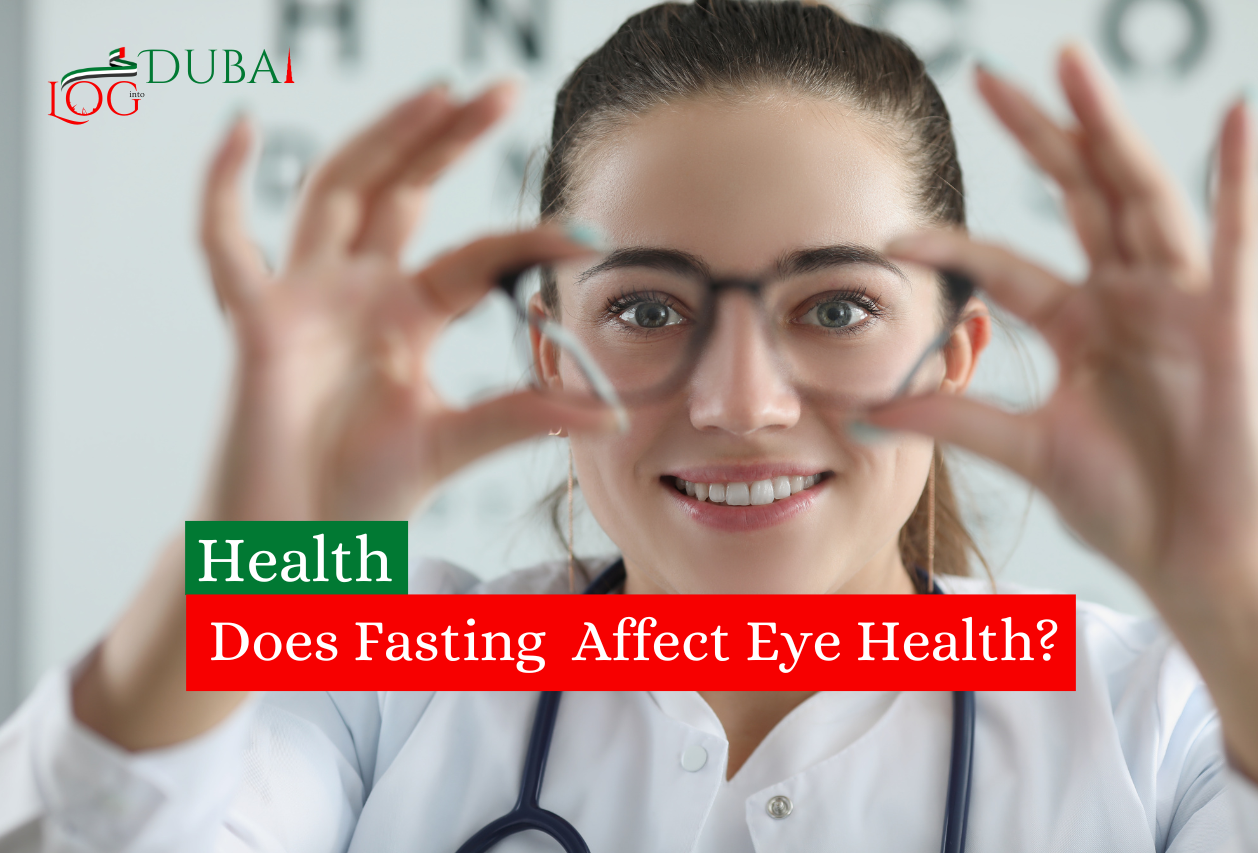Fasting during Ramadan is not just a spiritual practice but also offers several health benefits. But how does it impact eye health? According to medical experts, fasting can influence conditions like dry eye syndrome, glaucoma, and diabetic retinopathy. However, with proper hydration and nutrition, these effects can be managed effectively.
The Connection Between Fasting and Eye Health
Dr. Wissam Charafeddin, an ophthalmologist at Barraquer Eye Hospital UAE, explains that fasting affects oxidative stress, inflammation, and blood sugar regulation—all of which can influence eye health.

Potential Benefits of Fasting for Eye Health
- Reduces Oxidative Stress: Fasting helps enhance the body’s antioxidant defenses by promoting cellular repair and removing damaged cells through a process called autophagy. This may help prevent cataracts and age-related macular degeneration (AMD).
- Lowers Inflammation: Research suggests that fasting reduces pro-inflammatory mediators, which could slow the progression of inflammatory eye conditions like uveitis and diabetic retinopathy.
- Improves Blood Sugar Regulation: Since diabetic retinopathy is a leading cause of vision loss, stabilizing blood sugar levels through fasting may help slow its progression. However, people with diabetes should closely monitor their glucose levels and consult a doctor before fasting.
How to Prevent Dry Eye Syndrome While Fasting
Dr. Muhsen Samaan, Medical Director at Barraquer Eye Hospital UAE, notes that fasting individuals may experience temporary dry eye symptoms due to dehydration. However, these effects can be minimized with proper precautions.

Tips to Maintain Eye Health During Ramadan:
- Stay Hydrated: Drink plenty of water during iftar and suhoor to maintain eye moisture.
- Limit Caffeine Intake: Caffeinated drinks like coffee and tea can increase fluid loss, worsening dry eye symptoms.
- Eat Antioxidant-Rich Foods: Include foods rich in vitamin A (carrots, spinach) and omega-3 fatty acids (salmon, walnuts) to support retinal health.
- Take Breaks from Screens: Reduce prolonged screen time to prevent eye strain.
- Use Lubricating Eye Drops: Preservative-free artificial tears can help relieve dry eyes. According to religious guidelines, these drops are permissible while fasting.
FAQs About Fasting and Eye Health
1. Can fasting cause blurry vision?
Yes, some individuals may experience temporary blurred vision due to dehydration or blood sugar fluctuations. Rehydrating and maintaining a balanced diet can help resolve this.
2. Does fasting increase the risk of glaucoma?
There is no direct link between fasting and glaucoma. However, people with pre-existing eye conditions should consult their doctor before fasting.
3. Can I use eye drops while fasting?
Yes, preservative-free lubricating eye drops are generally allowed and do not break the fast.
4. How can diabetics protect their eyes while fasting?
Diabetics should monitor blood sugar levels closely, stay hydrated, and consult their doctor before fasting to prevent complications like diabetic retinopathy.











2 Responses